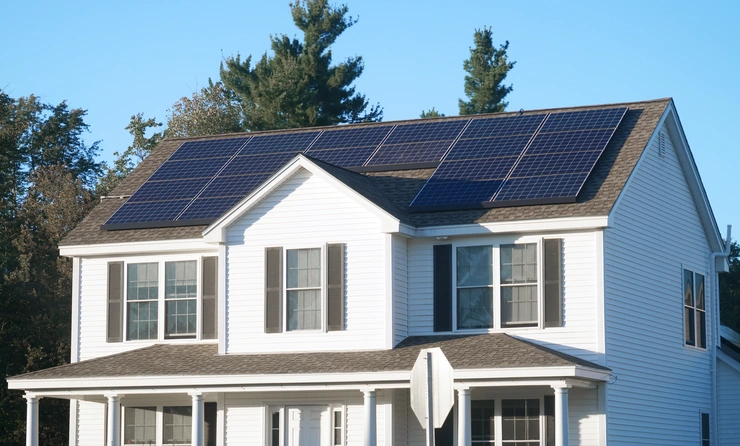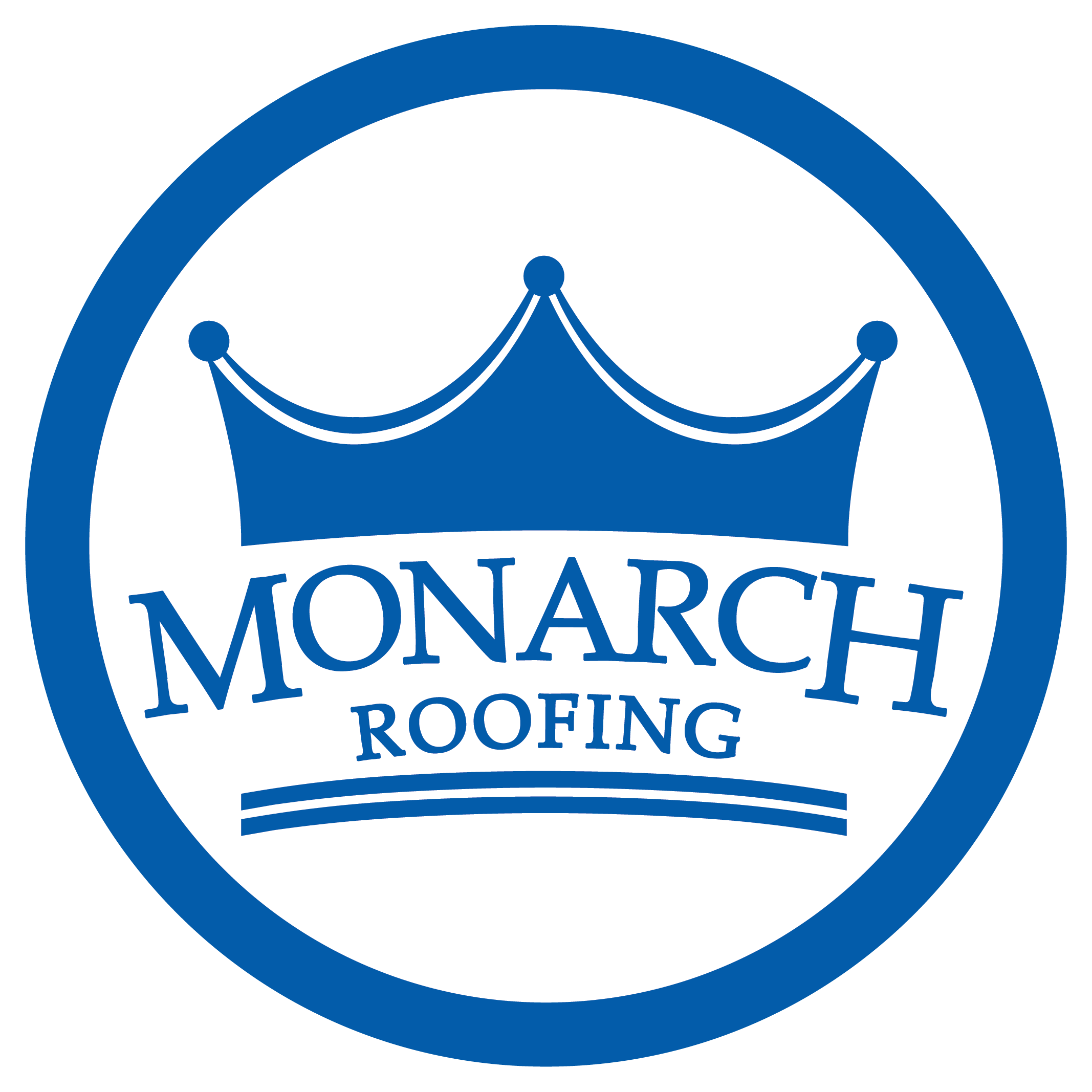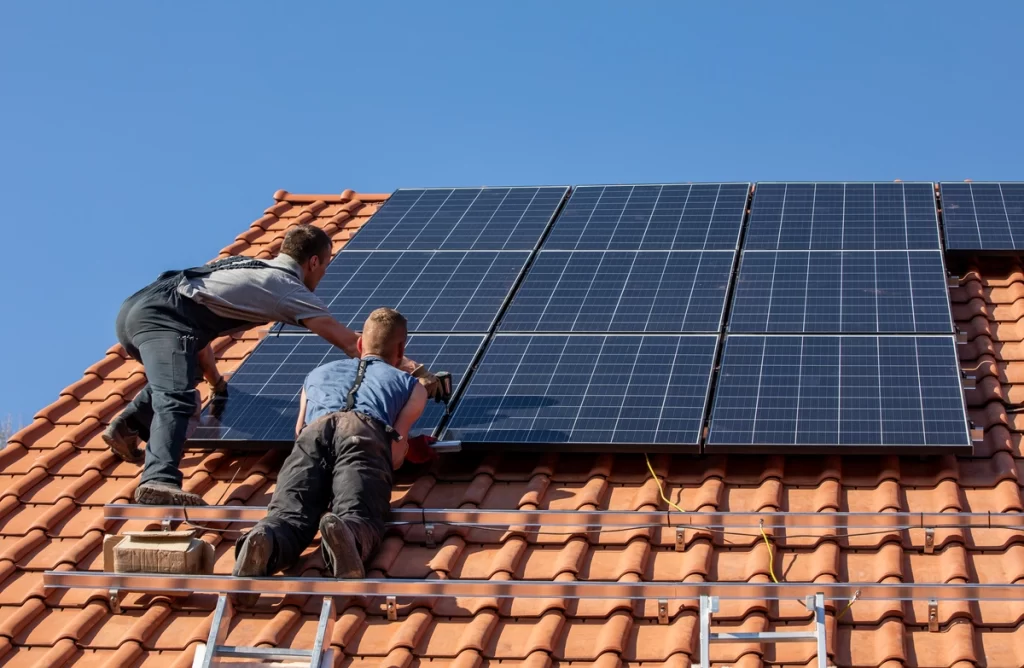So, you’re considering making the switch to solar panels to harness the power of the sun and reduce your energy bills. It’s a fantastic idea that not only benefits your pocket but also the environment.
But before you take the leap into the world of solar energy, one of the burning questions on your mind might be, “How long do solar panels last?” After all, it’s a significant investment, and you want to ensure it’s worth every penny.
In today’s blog post, we will walk you through:
- The average lifespan of different types of solar panels in 2023.
- Factors that influence how long solar panels are able to last.
- How you can make an informed decision about going solar.
Ready to install solar roofing panels or shingles?
Keep reading to become a solar panel expert!
Understanding Solar Panel Lifespan
Solar panels, often referred to as photovoltaic (PV) panels, are designed to convert sunlight into electricity. They consist of multiple solar cells made from semiconductor materials, most commonly silicon. These cells absorb photons from sunlight, creating an electric current in the process.
Now, let’s get down to the nitty-gritty of solar panel longevity. Here are some key points to consider:
- Typical Solar Panel Lifespan: Solar panels are built to last. Most manufacturers provide warranties that guarantee at least 25 years of performance. However, this doesn’t mean they stop working after this period. It’s just a guarantee that they’ll still produce at least 80% of their initial power output.
- Degradation Rate: Over time, solar panels experience a gradual reduction in efficiency. This degradation rate varies between different panel types but generally falls between 0.3% to 0.5% per year. So, even after the warranty period, your solar panels will continue to generate electricity, albeit at a slightly reduced rate.
- Factors Affecting Lifespan: Several factors can influence how long your solar panels last, including climate, maintenance, and the quality of the panels themselves. Harsh weather conditions, extreme temperatures, and heavy pollution can all impact the longevity of your panels. However, regular maintenance and cleaning can mitigate some of these effects.
The Influence of Solar Panel Type
The type of solar panels you choose can significantly impact their lifespan. Below is a breakdown of three common panel types in 2023.
Monocrystalline Solar Panels
Monocrystalline solar panels are known for their durability and longevity. They typically come with longer warranties and have a lower degradation rate compared to other panel types. These panels can last well beyond the 25-year warranty period, often reaching 30 to 35 years or more with proper care.
✅Pros:
- High efficiency.
- Longer lifespan.
- Smaller footprint.
❌Cons:
- Higher cost.
Polycrystalline Solar Panels
Polycrystalline panels offer a cost-effective option for those looking to go solar. While they may have a slightly shorter lifespan compared to monocrystalline panels, they can still deliver reliable performance for 25 years or more.
✅Pros:
- Cost-effective.
- Good efficiency.
- Decent lifespan.
❌Cons:
- Slightly lower efficiency than monocrystalline panels.
Thin-Film Solar Panels
Thin-film solar panels are less durable and have a shorter lifespan compared to crystalline panels. They typically come with warranties for around 10 to 15 years, making them less ideal for long-term investments.
✅Pros:
- Lightweight and flexible.
- Lower cost.
❌Cons:
- Lower efficiency.
- Shorter lifespan.
3 Factors Affecting Solar Panel Lifespan

Now that we’ve covered different panel types, let’s delve into the factors that can influence how long your solar panels last.
1. Climate
The climate in your region plays a significant role in determining your solar panel’s lifespan. Extreme heat, cold, or humidity can accelerate wear and tear. For example, panels installed in a desert climate may degrade faster than those in a more temperate region. However, high-quality panels are designed to withstand a wide range of environmental conditions.
2. Maintenance
Regular maintenance can extend the life of your solar panels. This includes cleaning them to remove dust, dirt, and debris that can reduce efficiency. Additionally, monitoring for any signs of damage or shading issues and addressing them promptly can help keep your panels operating optimally.
3. Quality of Installation
The quality of the installation can also impact your panels’ longevity. Properly installed panels are more likely to withstand harsh weather and operate efficiently for years. That’s why it’s essential to choose a reputable and experienced installer.
Making the Most of Your Solar Panels
To maximize the lifespan of your solar panels, here are some actionable tips:
- Regular Cleaning: Keep your panels clean by gently washing them with water and a soft brush. This removes dirt and grime, which can reduce efficiency.
- Shade Management: Trim or remove any nearby trees or objects that cast shadows on your panels. Shade can significantly impact their performance.
- Monitoring: Keep an eye on your solar panel system’s performance. Most modern systems come with monitoring software that allows you to track energy production and identify any issues promptly.
- Professional Inspections: Schedule periodic inspections by a qualified technician to ensure everything is in working order.
Make the Move to Go Solar in 2023
So, how long do solar panels last in 2023? The good news is that most solar panels are built to last, with warranties guaranteeing at least 25 years of reliable performance. With proper care, high-quality panels can continue to produce electricity for decades beyond their warranty periods. Factors like panel type, climate, maintenance, and installation quality all play a role in determining their longevity.
Investing in solar panels is not just about saving on energy bills; it’s also about contributing to a greener future. With advancements in technology and the increasing availability of solar incentives, there’s never been a better time to harness the power of the sun. Whether you’re motivated by cost savings or environmental consciousness, solar panels offer a long-lasting solution that can benefit both your wallet and the planet.
So, if you’re considering making the switch to solar, rest assured that your investment is likely to pay off for many sunny years to come. Contact Monarch Roofing today for any roofing needs or questions you have. We’re happy to chat!






